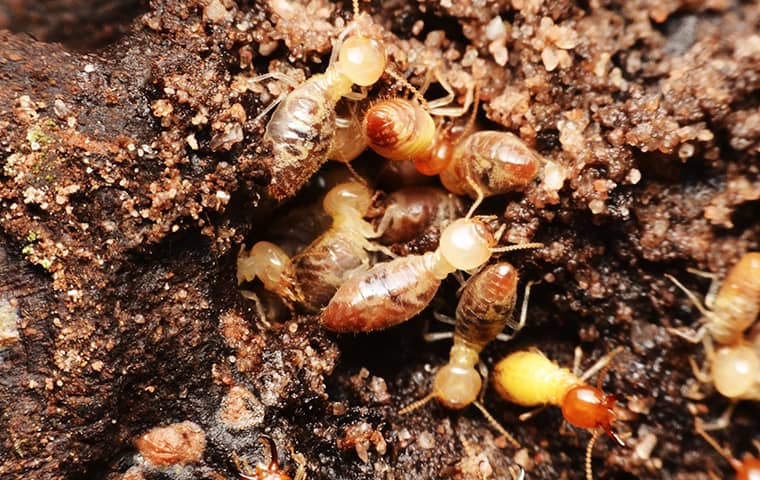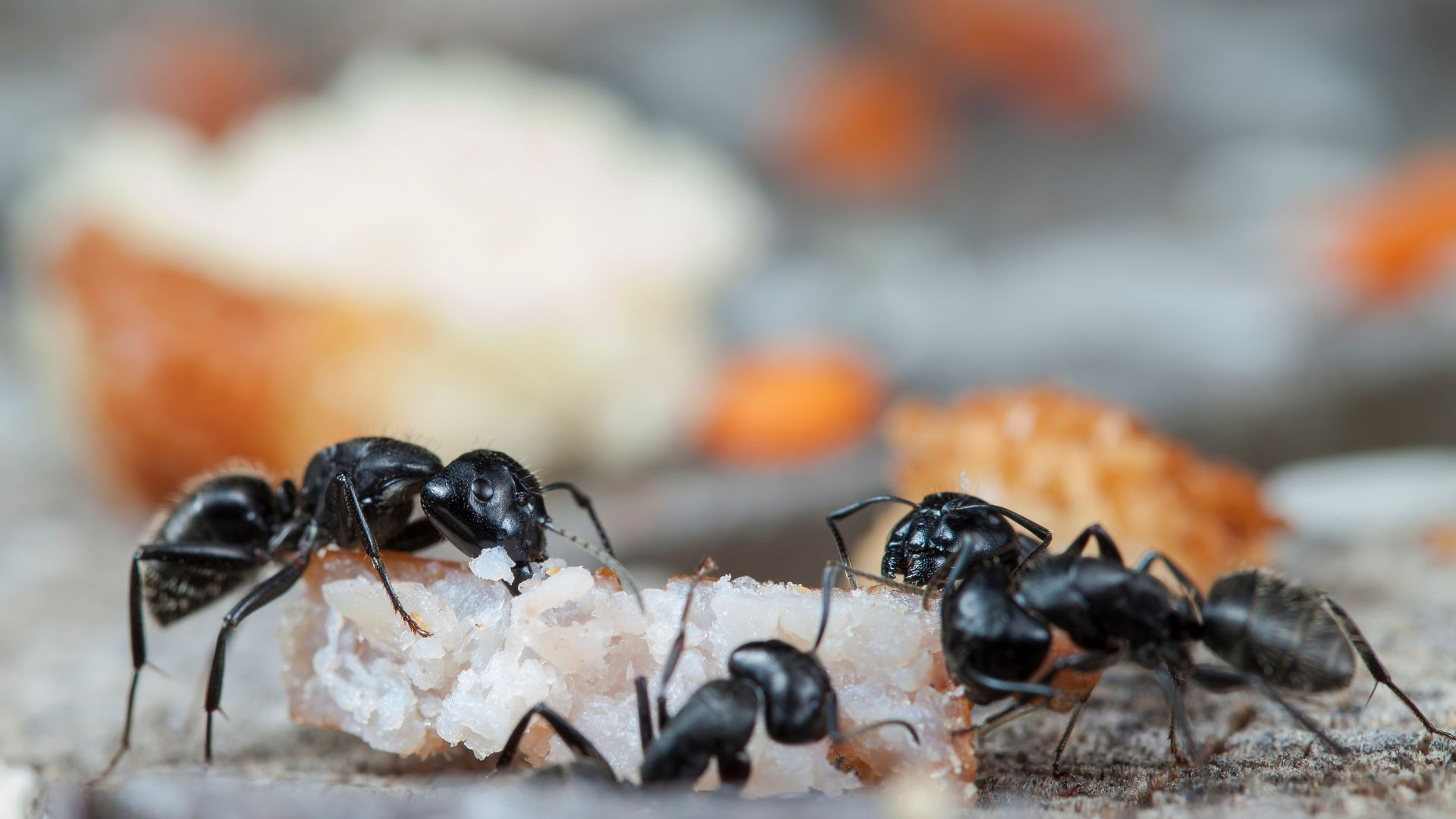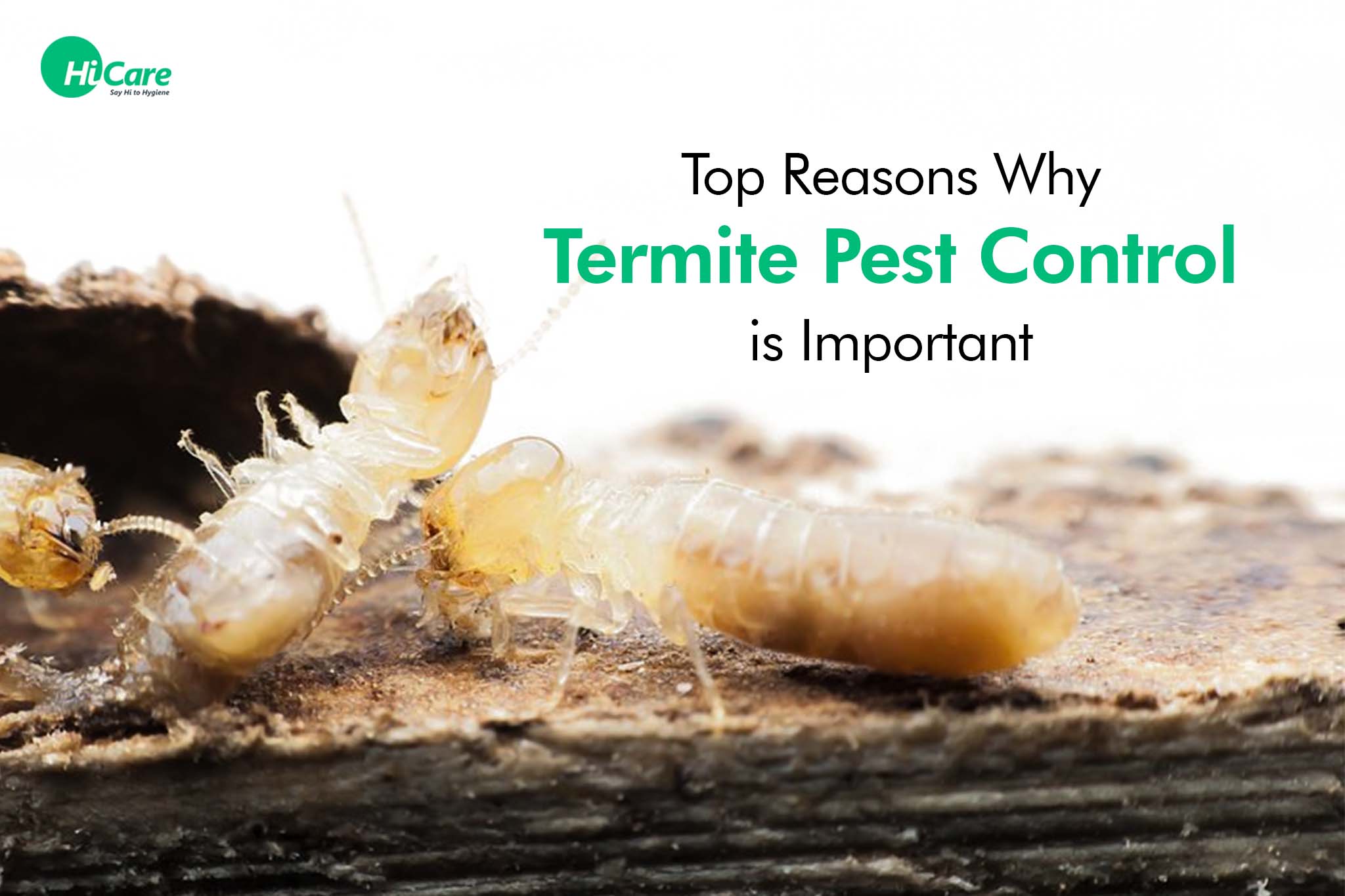Reliable Ant Control: Specialist Services to Eliminate Ant Infestations
Ecological Effect of Insect Control: Balancing Performance With Sustainability
The ecological impact of parasite control is a vital issue that calls for a fragile balance between attaining efficiency in handling pests and ensuring sustainability of our environments. As we aim to safeguard our crops, homes, and health from the threats postured by parasites, the approaches we employ can accidentally harm the atmosphere. From using hazardous chemicals that leak right into our soil and water to the unexpected effects on non-target species, the repercussions of standard insect control techniques are far-ranging. There are arising techniques that use hope for a more sustainable strategy to pest management. These options not just aim to attend to the prompt insect troubles but additionally think about the lasting health and wellness of our earth.
Damaging Chemicals in Parasite Control
The utilization of unsafe chemicals in insect control presents significant environmental and health dangers that require careful consideration and reduction strategies. Pesticides, herbicides, and chemicals are frequently utilized to eradicate pests, yet their prevalent application can result in unintentional consequences. These chemicals can infect dirt, water resources, and the air, affecting not only the targeted bugs however likewise advantageous bugs, wildlife, and human beings.

To address these threats, incorporated parasite management (IPM) methods are being promoted as a much more lasting choice. IPM involves a mix of methods such as biological control, habitat manipulation, and the targeted use pesticides as a last hope (ant control burlington nc). By taking on an all natural approach to pest control, we can lessen the ecological and wellness effects connected with hazardous chemicals while properly managing pest populaces
Impact on Non-Target Variety
Thinking about the unintentional consequences of bug control methods, the influence on non-target types is an essential facet that needs comprehensive assessment. While insect control measures aim to target particular pests, various other microorganisms in the environment may be inadvertently influenced. Non-target types, including valuable pests, birds, animals, and even plants, can experience direct or indirect damage from pesticide applications or organic control techniques.
Chemicals can have deadly or sub-lethal effects on non-target varieties. As an example, insecticides developed to combat a certain bug parasite might hurt pollinators like bees or natural killers such as ladybugs. Additionally, chemical deposits can accumulate in the setting, affecting non-target microorganisms over time. Similarly, organic control agents, otherwise species-specific, can position dangers to unexpected targets, interrupting the ecological equilibrium.
To minimize the influence on non-target types, integrated bug monitoring (IPM) techniques that highlight an alternative method to pest control are recommended. These methods prioritize the use of eco-friendly practices, minimizing harm to valuable microorganisms while properly taking care of pest populations. Carrying out complete risk assessments and checking the outcomes of bug control initiatives are necessary steps in securing non-target species and advertising total ecological community wellness.
Soil and Water Contamination
Unintentional environmental consequences of insect control methods extend beyond influencing non-target varieties, with considerable implications for dirt and water contamination - ant control services. Chemicals, herbicides, and chemical fertilizers utilized in pest control can seep right into the soil and infect groundwater, posturing a threat to both water and earthbound communities.
Water contamination is an additional crucial problem connected with pest control practices. Overflow from agricultural fields treated with pesticides can bring these chemicals right into neighboring water bodies, influencing marine microorganisms and water top quality. Contaminants in water sources can have far-reaching consequences, affecting not only water life yet additionally human wellness through the consumption of contaminated water or aquatic organisms. To alleviate soil and water contamination from bug control tasks, integrated insect monitoring methods that focus on sustainability and reduce chemical inputs are essential.
Air Pollution From Chemical Use
Exposure to air-borne chemicals during farming applications postures a considerable issue for air pollution control actions. When chemicals are sprayed onto plants, they can volatilize into the air and form unpredictable natural compounds (VOCs) and various other air-borne pollutants. These chemicals can add to the formation of ground-level ozone, a significant element of smog that can have detrimental results on human health and wellness, crop performance, and general air high quality. Furthermore, chemical drift, where pesticides are lugged by the wind to unintentional areas, can lead to the contamination of neighboring ecosystems and water bodies.

Strategies for Sustainable Pest Control
In the realm of farming practices, applying lasting parasite control approaches is extremely important for maintaining ecological equilibrium and protecting crop returns. Lasting bug control stresses using eco-friendly approaches to manage bug populations effectively while reducing damage to non-target microorganisms and communities. Integrated Pest Management (IPM) is a widely embraced approach that incorporates biological, cultural, physical, and chemical control methods to attain long-lasting bug administration remedies.
Plant turning and diversification are likewise efficient techniques to disrupt pest life cycles and develop less beneficial conditions for parasites to thrive. Inevitably, by integrating these lasting parasite control approaches, farmers can accomplish a balance in between pest monitoring efficiency and ecological stewardship.
Final Thought
Finally, the environmental influence of parasite control techniques must be carefully considered to stabilize effectiveness with sustainability. Damaging chemicals used in visit this web-site bug control can cause dirt and water contamination, air pollution, and damage non-target types - termite control services. It is essential to carry out sustainable parasite control approaches to reduce these unfavorable effects on the setting and promote a healthier community for future generations
By embracing an alternative strategy to pest control, we can reduce the environmental and health effects associated with dangerous chemicals while properly handling pest populations.

To reduce the air pollution created by pesticide usage, it is essential to adopt integrated bug monitoring methods that focus on the use of non-chemical insect control techniques, such as crop rotation, all-natural killers, and resistant plant ranges. Sustainable bug control stresses the usage of environmentally pleasant methods to manage insect populations successfully while reducing injury to non-target microorganisms and ecosystems. Integrated Pest Administration (IPM) is an extensively taken on method that integrates biological, cultural, physical, and chemical control techniques to accomplish long-lasting parasite management solutions.